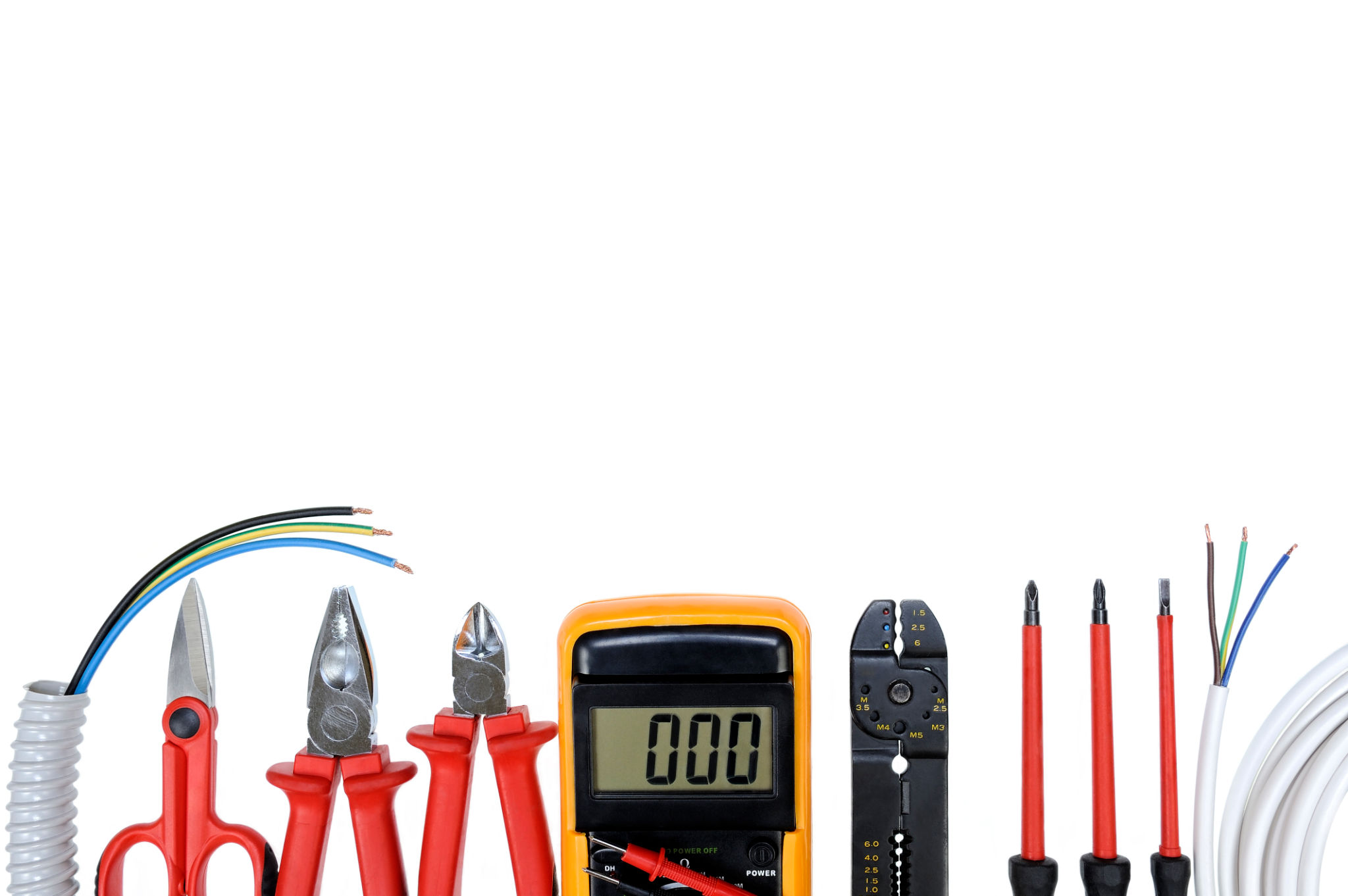Expert Insights: Avoiding Common Mistakes in Electrical Projects
Understanding the Basics of Electrical Projects
Embarking on an electrical project can be a daunting task, even for experienced professionals. To ensure success, it's crucial to have a solid understanding of the basics. This includes knowing the requirements and specifications of the project, as well as understanding the tools and materials needed. Lack of preparation can lead to costly mistakes, delays, and safety hazards.
One common mistake is underestimating the complexity of a project. Electrical work often involves intricate systems and components that require precise handling and installation. Taking the time to thoroughly plan and prepare can save time and resources in the long run.

Prioritizing Safety
Safety should always be a top priority in any electrical project. Unfortunately, neglecting safety protocols is a frequent mistake that can have serious consequences. Ensure that all team members are properly trained and equipped with the right safety gear. This includes gloves, goggles, and insulated tools to prevent accidents and injuries.
Additionally, it's essential to double-check all connections and installations. Faulty wiring or loose connections can lead to electrical fires or other hazardous situations. Regularly inspecting and testing your work can help catch potential issues before they escalate.

Accurate Planning and Budgeting
Another common pitfall in electrical projects is poor planning and budgeting. Overlooking these aspects can result in unexpected costs and time overruns. It's vital to create a detailed project plan that outlines each step, timeline, and budget requirement.
Collaborate with all stakeholders to ensure that everyone is on the same page. This includes contractors, electricians, and clients. Understanding the project scope and requirements helps prevent misunderstandings and keeps the project on track.

Choosing the Right Materials
The importance of selecting appropriate materials cannot be overstated. Using subpar or incompatible materials can compromise the integrity of the entire project. Always choose high-quality components that meet industry standards and are suitable for the specific application.
Consulting with suppliers or manufacturers can provide valuable insights into the best materials for your project. They can offer recommendations based on performance, durability, and cost-effectiveness, ensuring you make informed decisions.
Ongoing Communication and Collaboration
Effective communication is essential in avoiding misunderstandings and errors during electrical projects. Regular updates and open lines of communication between all parties involved help to ensure smooth progress. Encourage team members to voice concerns or suggestions, fostering a collaborative environment.
Establishing clear roles and responsibilities also helps streamline operations. When everyone knows their part in the project, it reduces confusion and enhances efficiency.

Continuous Learning and Improvement
The field of electrical work is constantly evolving with new technologies and methods. Staying up-to-date with the latest advancements helps avoid outdated practices that could lead to mistakes. Encourage ongoing training and education for all team members.
Regularly reviewing completed projects can also provide valuable insights into areas for improvement. Learning from past experiences helps refine processes, ensuring better outcomes in future endeavors.
By being mindful of these common mistakes and taking proactive steps to avoid them, you can ensure the success of your electrical projects while enhancing safety and efficiency.